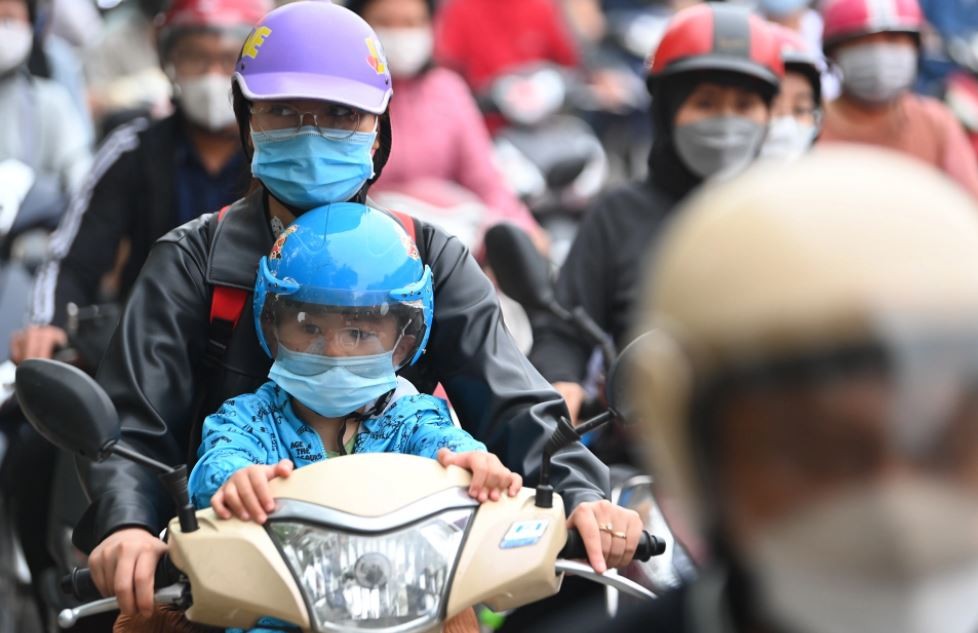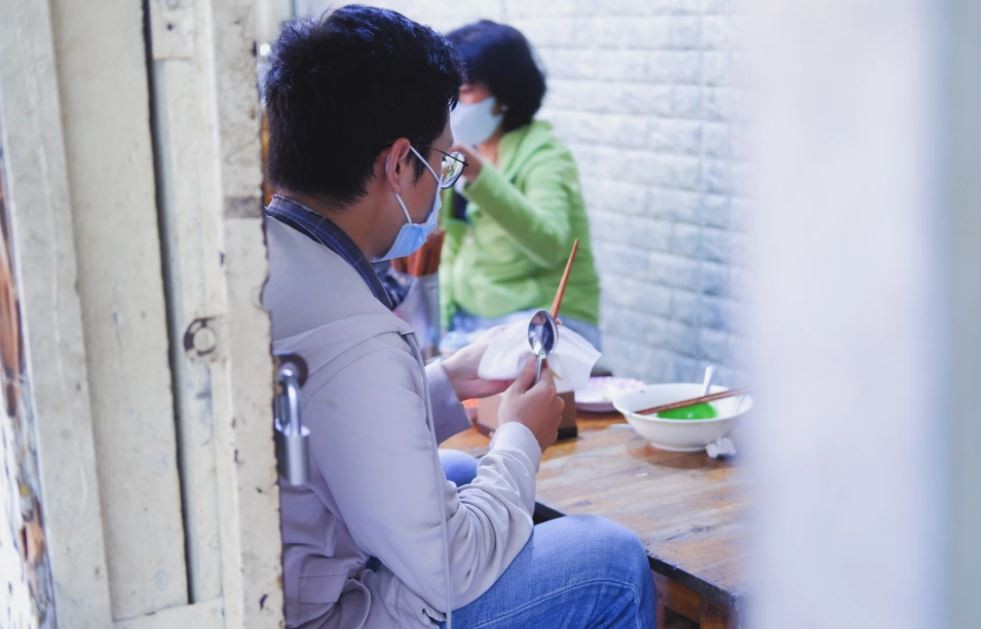How to overcome coronavirus anxiety and fear
 | Vietnam Ambassador to France: Stay calm, support together and overcome "Covid-19" affliction |
| Vietnam to overcome aging population | |
| Foreigners help Vietnamese students overcome a fear of English |
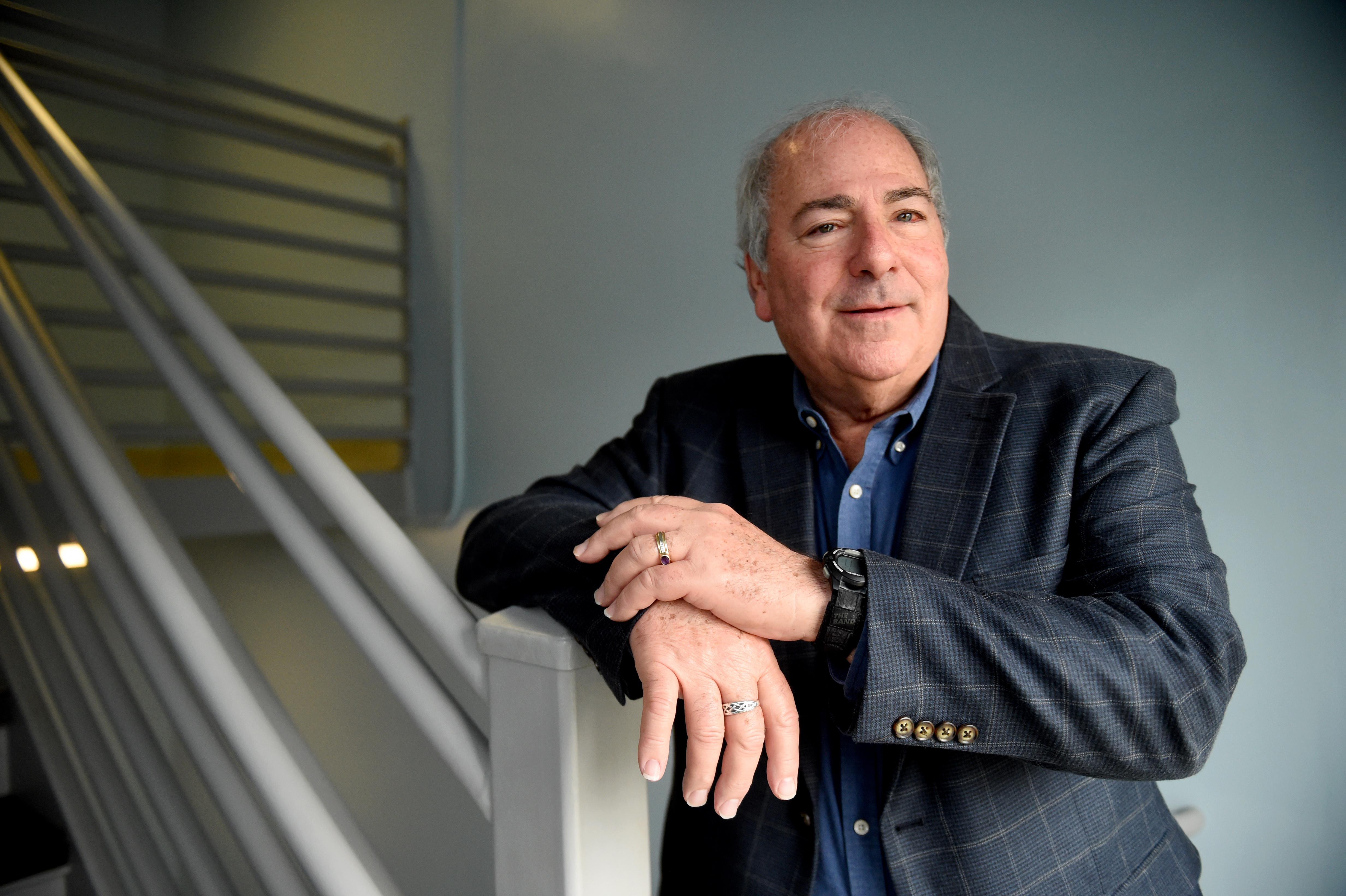 |
| Augusta University Associate Professor of Psychology Dr. Bernard Davidson (Photo source: Michael Holahan) |
Being proactive, focusing on planning and family and taking advantage of the time most people have at home now with family will help overcome the anxiety caused by COVID-19 and its massive disruption, experts say.
For many, the reaction is an "ancestral fear" of plagues not much different from the way people reacted to those threats centuries ago, an infectious disease expert said.
It is understandable that for many anxiety has peaked over COVID-19 and the ensuing isolation at home, said Dr. Jeremy Hertza, a neuropsychologist with NeuroBehavioral Associates in Augusta.
"People are generally afraid of things they don’t know and things they can’t control, and you have both of those now," he said. "And on top of that, people find comfort in their routines, and all of their routines have been disrupted. There’s just a huge amount of adjustment."
| People can obsess over news reports or relentlessly check social media and dwell on the negative, and that can add to anxiety, said Dr. Bernard Davidson, a psychologist at Augusta University. |
That fear response led Dr. Jose Vazquez, AU’s chief of infectious diseases, to put together a talk about the psychology of plagues when he was part of the response to the first severe acute respiratory syndrome or SARS outbreak in 2002. He later updated it for the Ebolavirus crisis and now for COVID-19.
What happens with these modern plagues is reminiscent of the way people reacted centuries ago to the Black Death and other horrors, he said. While most people are adaptable, those who are particularly regimented seem to overreact, Vazquez said.
"Those are the ones that then start ramping up into the panic, the hysteria," he said. "This is where we start buying the toilet paper and everything else."
For them it becomes, in the words of President Donald Trump recently, "the invisible enemy" attacking them.
"This ancestral fear of something coming at us that is going to kill us and we don’t know what it is and we don’t know what to do is pretty intense for a lot of people," Vazquez said.
The antidote is "education," he said.
| Having an honest and frank talk between adults about what is concerning them, and then taking concrete steps to address those will help address anxiety, Hertza said. |
"With children, you’ve got to be careful not to tell them too much," Hertza said. "In my experience, the best thing to do with your kids is ask, ’Do you have any questions about what is going on with the virus?’ And go from there.
"And if a kid asks you a question, answer it but don’t provide extra information. You don’t need to overexplain. All you do is freak them out."
| For adults, it is important to take "an attitude that empowers us to act in ways that can help reduce some of the stress and the anxiety," Davidson said. "For me, the most important part of that is action negates anxiety to some extent." |
Families will be at home for an unknown amount of time, and it is important to recognize that for what it is and take advantage of it, Hertza said.
"That probably is not going to happen again in my lifetime or theirs, that I am home in this unique setting where I get to have these moments with them," he said. "So you need to make the best of the time you have."
It can also be a time for doing things you have meant to do, such as reading a book, starting a hobby or accomplishing something too long neglected, Davidson said.
"Little things can make a big difference," he said.
While many are in isolation at home, it is important to look around and see how many people are trying to help out others and do something positive for their communities, Hertza said.
In some ways, Davidson said it reminds him of the way the country reacted after 9/11.
"When there is something so much bigger than us, it often draws us together," he said. "I wouldn’t choose it to happen, to have us drawn together that way, but that’s what we’ve got."
And, as with 9/11 and so many other big crises the country had been through, we came through them, Davidson said.
"In many ways, this is unprecedented," he said. "But the recovery to those events hasn’t been unprecedented. It’s happened. We’ve recovered and we will recover. We need to remind ourselves about that."
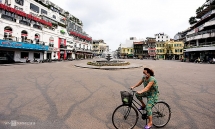 | Vietnam PM asks two major cities to prepare for lockdown to stop coronavirus Facing to increasingly Covid-19 infection numbers in two biggest cities in Vietnam, The Prime Minister asked Hanoi and Ho Chi Minh City on Sunday to ... |
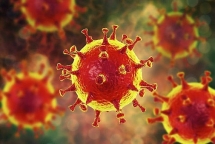 | COVID-19 and dietary supplements: What you might want to know Worried people are scrambling to buy wellness products they think will protect against COVID-19. Some may actually do harm, The New York Times warned, citing ... |
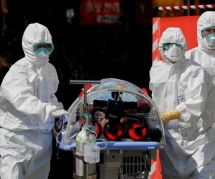 | Coronavirus Update: Global death toll crosses 30,000, two-thirds in Europe The global death toll due to the novel coronavirus has crossed the 30,000-mark, with two-thirds of them in Europe. |
Recommended
 Handbook
Handbook
Vietnam Moves Up 8 Places In World Happiness Index
 Handbook
Handbook
Travelling Vietnam Through French Artist's Children Book
 Multimedia
Multimedia
Vietnamese Turmeric Fish among Best Asian Dishes: TasteAtlas
 Handbook
Handbook
From Lost to Found: German Tourist Thanks Vietnamese Police for Returning His Bag
 Handbook
Handbook
Prediction and Resolution for the Disasters of Humanity
 Handbook
Handbook
16 French Films To Be Shown For Free During Tet Holiday In Vietnam
 Handbook
Handbook
Unique Cultural and Religious Activities to Welcome Year of the Snake
 Handbook
Handbook



